Long before he was elected president of the United States, Donald Trump said he hoped that Michael Moore, the iconoclastic documentarian, would never make a movie about him.
Famous last words.
Presumably, Trump understood that Moore would not exactly treat him with kid gloves.

He was absolutely right.
In his latest documentary, Fahrenheit 11/9, which opens in Canadian theatres on September 21, Moore skewers Trump from a left-wing perspective, calling him a “malignant narcissist,” a racist and a misogynist.
Say what you will about Moore’s blistering appraisal, but keep in mind that he was one of the very few public figures who predicted his surprising electoral victory over Hillary Rodham Clinton.
Trump, a wealthy businessman without a shred of experience in politics, was indeed a darkhorse.
“Donald Trump won’t be president,” declared Nancy Pelosi, the Democratic leader in the House of Representatives. The authoritative New York Times weighed in by claiming he had only a 15 percent chance of defeating Clinton, who aspired to be the first female occupant of the White House.
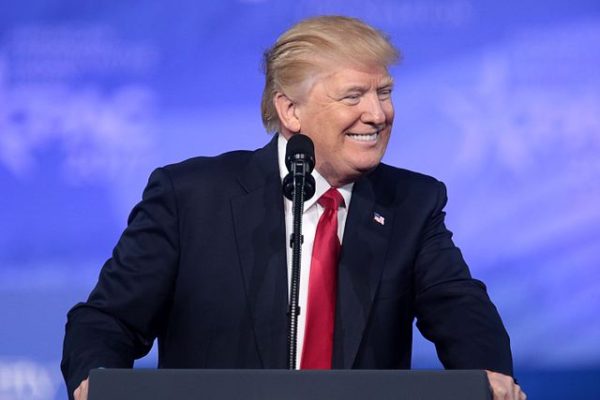
But once Trump edged out Clinton in swing states like Ohio, Pennsylvania Wisconsin and Florida, the game was up for her.
Publicly, Trump exuded confidence during the presidential campaign. But in private, he must have had some doubts, not even having written a victory speech.
So, in Moore’s crude words, “how the fuck did this happen?”
Striking a facetious tone, he ascribes Trump’s upset to the Russians and former FBI director James Comey. He then segues to the entertainer Gwen Stefani. By Moore’s satirical account, Trump was livid when he discovered she had been paid more than him on The Apprentice. By this logic, he ran for the presidency to prove he was more popular than Stefani. Quite a theory, to say the least. Moore also speculates that Trump was emboldened by the massive crowds that showed up at his early rallies.
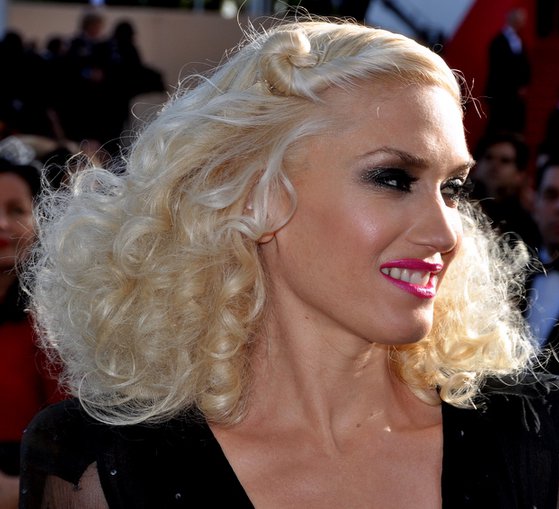
Moore believes that most Americans tend to be liberal on such key issues as immigration and abortion. Why, then, did the Democratic Party fall short? By his reckoning, Bill Clinton, the former Democratic president, alienated much of the working class by exporting one million jobs to Mexico under the North American free trade agreement. And some Democratic voters were angry because the party had become too centrist.
According to Moore, Trump had an advantage over Clinton because blue-collar workers, comprising the “Real America,” leaned toward him, the ultimate capitalist. He adds that Trump outflanked Clinton on the left by harping on her ties with Wall Street.
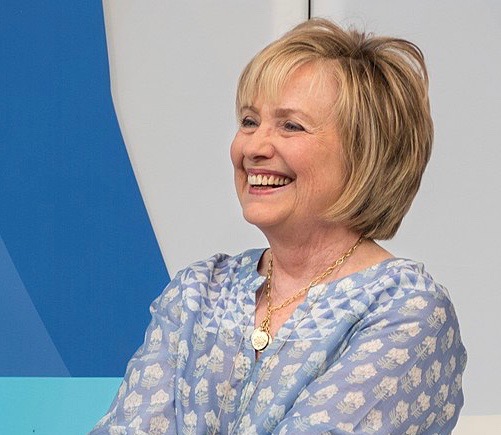
Moore claims that Barack Obama, Trump’s Democratic predecessor, paved the way for his triumph by resorting to drone warfare to bomb civilians abroad, by deporting a record number of migrants and by treating the dire emergency in Flint flippantly. Having condemned Obama, he concedes that the Trump phenomenon was decades in the making, which sounds like a far more accurate assessment of reality.
Contending that the old guard in the Democratic Party has led it astray, Moore voices admiration for such newcomers as Rashida Tlaib, a Palestinian American and the first Muslim woman to be elected to Michigan’s legislature.
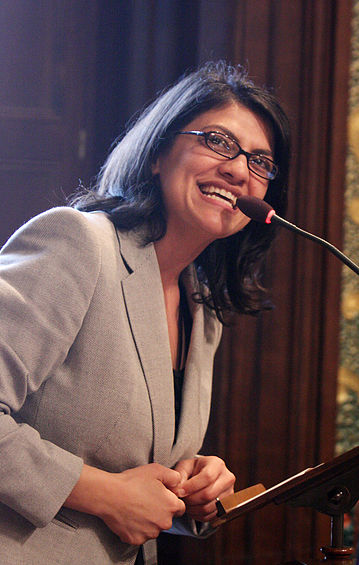
He compares Trump to Rick Snyder, who was elected governor of Michigan — Moore’s home state — in 2010. Like Trump, he was a political novice who worked hand-in-glove with corporate America. He blames Snyder for inadvertently contaminating the water supply of Flint, a depressed, majority-African American town. In a theatrical stunt, Moore sprays the governor’s mansion with an industrial strength hose.
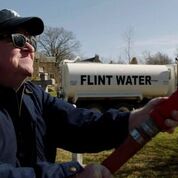
In a sober examination of the scourge of school shootings in the United States, Moore reiterates the need for tougher gun laws to protect students from deranged shooters. It’s an uphill battle, given the fact that far too many politicians are content with the status quo and support the positions of The National Rifle Association.
Returning to Trump, Moore goes off on a tangent by drawing a false comparison between him and Adolf Hitler and the United States and Nazi Germany. Like Trump, Hitler was a political neophyte and talked about making Germany great again and creating employment for the jobless. And, like the United States, Germany was a progressive and cultured nation. These comparisons are only skin deep and totally misleading. Whatever you may think of Trump, who’s manifestly unfit for the office, he is not another Hitler.
Moore also accuses Trump of undermining democracy by his crude attempts to muzzle the free press. Moore is on firmer ground here. There is certainly an argument to be made in this respect.
In the final analysis, Moore is a skeptic at heart. As he puts it, “The America I want to save is the America we never had.” As far as he’s concerned, the “whole rotten system” must be overhauled if the United States is ever to be a genuine democracy.
That, in a nutshell, is the message that Moore conveys in this earthy film.
